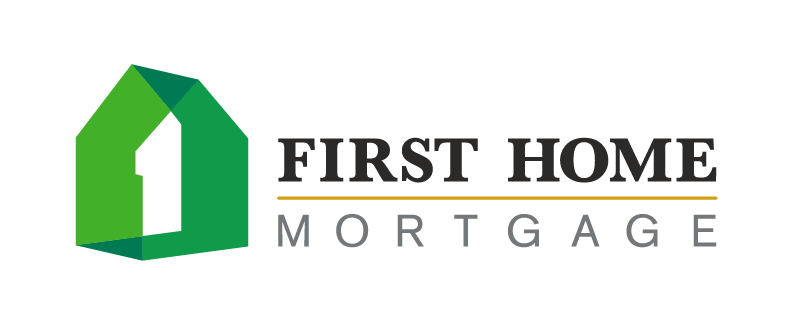Second homes and investment properties may sound like the same thing, but they’re not. The subtle differences between these two types of homes can make a big difference, primarily because your lender will base your mortgage on which type of property you’re trying to buy.
If you’re a homeowner who is thinking about purchasing a second property, either for rent, for personal use, or both, it’s essential to understand the differences between these two types of homes. Knowing the difference can help you decide what kind of home to buy.
What’s a Second Home?
Most of the time, a second home is a vacation property. It’s a place where you or your family can go to relax, enjoy yourself, spend time, or even live for brief periods. Sometimes, a second home is not vacation property at all, but a place where the homeowner travels to conduct business. Either way, the point of a second home is for the owner to spend time there. Second homes can be rented to other individuals for brief periods, but there may be strict restrictions that prevent second homeowners from leasing their second home for long periods.
What’s an Investment Property?
An investment property is a home that someone owns to make money from rental income. The homeowners of an investment property often do not live in the house, or if they do, they do it very infrequently. Investment properties are intended to be rented, and often homeowners, who must pay more for their mortgage on their investment property, don’t want to lose an opportunity to make money off their home.
What Kind of Loan Do You Need?
Second-home loans and investment loans are different in a few significant ways. Second-home loans typically require a down payment of 10 to 20%. Because the home is a residence, it may qualify for a lower interest rate than an investment home. Investment loans require the homeowner to put forward a down payment of 25% and may have a higher interest rate.
In the past, second home loan lenders prevented homeowners from renting their homes, even for brief periods. Not long ago, these rules changed, and now homeowners are allowed to rent their second home for short periods.
However, buyers who plan to purchase a second home and rent it occasionally must be upfront with their plans to the lender and must follow any rules outlined in the terms of the mortgage. Failure to disclose plans to rent a home for the sake of getting a better deal on a mortgage is called occupancy fraud. Fines for occupancy fraud are steep, and in some cases of occupancy fraud, the lender can take the home away from the homeowner.
Which One is Right For You?
Vacation homes and investment properties are different in more ways than one. It’s not just the loan that changes, depending on what you buy. Vacation homes and investment properties also have tax implications. Buying the right home can help save you money every year at tax time.
What kind of home is right for you will depend entirely on whether you plan to occupy or rent the house, and for how long. But if you’re on the fence and don’t know for sure how often you’ll be using the home and for what purposes, talk to an accountant and a lender to help you decide what makes sense financially. Working with a reputable lender and accountant, you can determine what type of property is right for you.


